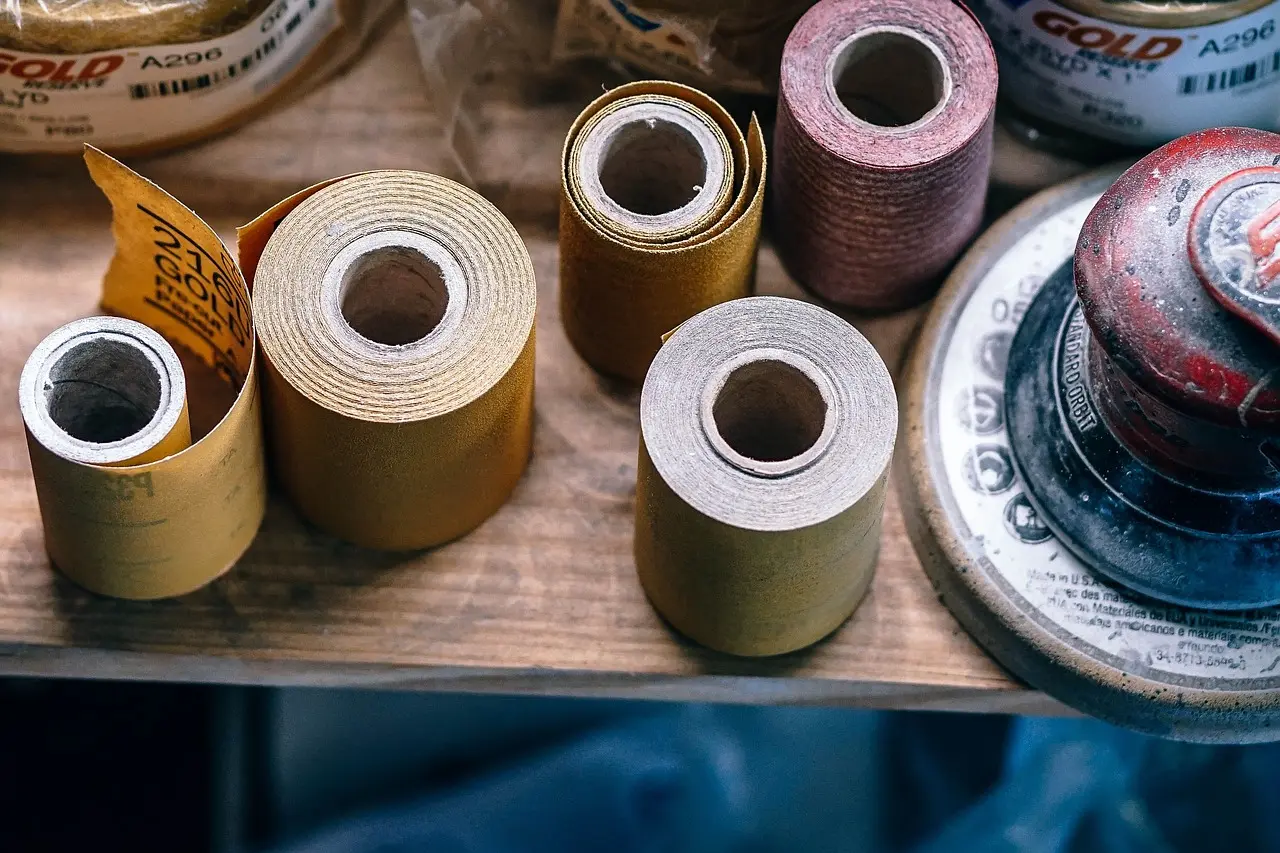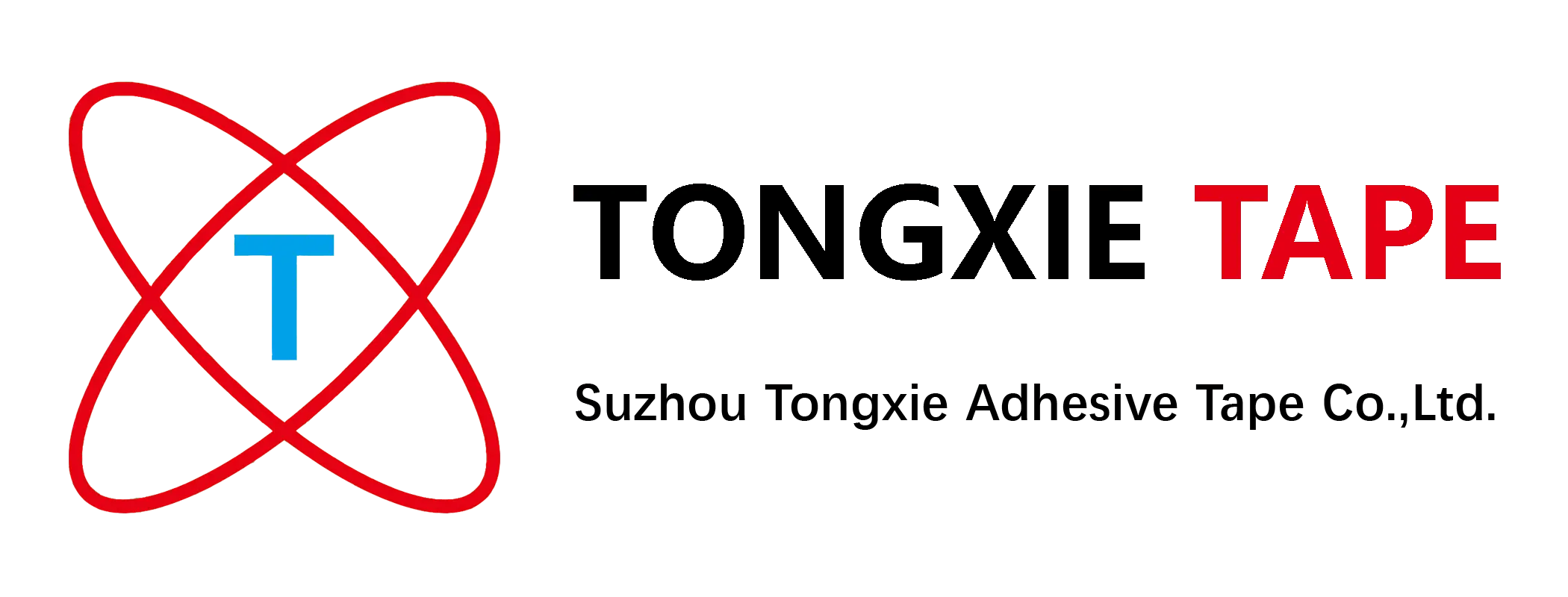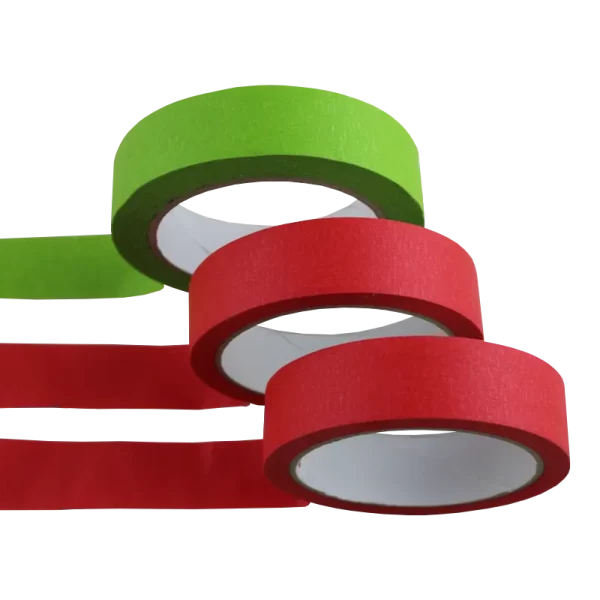What is Masking Tape?
Masking tape is an essential tool in various industries, used for a variety of applications such as masking off areas for painting, automotive repairs, or even plumbing maintenance. Made from a paper-based material with a pressure-sensitive adhesive, it provides a temporary adhesive solution that can be easily removed without leaving a sticky residue. Masking tape is versatile, reliable, and a must-have in any industrial setting.
Key Factors for Choosing the Right Masking Tape
When selecting masking tape for your business, consider the following factors to ensure you’re getting the right type for your needs.
1. Application Type
Each industry may have specific masking tape needs based on the type of work being performed. For example, painting requires a tape that will adhere well without peeling off paint, while automotive applications require a stronger, more durable tape that can withstand various environmental factors.
2. Adhesion Strength
The strength of the adhesive will determine how well the tape sticks to the surface. For delicate surfaces, choose a tape with a light adhesive to avoid damaging the material. For tougher surfaces, a stronger adhesive may be needed to hold up during the job.
3. Size and Width
The width of the masking tape should match the area being masked. For small areas or detail work, narrow tapes like 1 inch or 2 inches work best. For larger applications, you might require a broader width for better coverage.
Common Applications of Masking Tape in Various Industries
1. Painting
In the painting industry, masking tape is used extensively to cover areas that should not be painted, such as trim, windows, and other surfaces. The tape helps achieve clean, sharp lines without paint bleed, making it essential for professional painters.
2. Automotive Industry
Masking tape is crucial in the automotive industry for masking off areas that should not be painted during vehicle repairs and refinishing. It is designed to withstand high temperatures and provide precision during painting and detailing.
3. Industrial Uses
Masking tape is widely used in various industrial applications, such as protecting surfaces during manufacturing, sealing pipes in plumbing, and even in electrical work. The tape’s versatility makes it a staple in industrial settings, where temporary adhesive solutions are needed.
Types of Masking Tape to Consider
1. Blue Masking Tape
Blue masking tape is commonly used in professional painting because it leaves clean edges and is easy to remove. It is designed for delicate surfaces and is less likely to peel off paint when removed.
2. Colored Masking Tape
For jobs requiring color coding or for decorative purposes, colored masking tape is a great option. It’s available in a variety of colors and can be used for marking or organizing tools and materials.
3. Liquid Masking Tape
Liquid masking tape is ideal for projects that require flexible masking, especially on irregular surfaces. It forms a thin film over surfaces, which can be peeled off once the job is completed.
How to Properly Use Masking Tape for Your Business Needs
Proper application of masking tape ensures that the job is done correctly and efficiently. Here are some key tips for using it:
- Clean the Surface: Always make sure the surface is clean and dry before applying masking tape. Dust, oil, or moisture can prevent the tape from adhering properly.
- Apply Firmly: Press the tape down firmly to avoid air bubbles or wrinkles, ensuring a secure hold during the work process.
- Remove Quickly: Remove the tape as soon as the task is completed to prevent the adhesive from bonding too strongly and leaving residue.
Colored Masking Tape
TXTAPE presents colored masking tape, designed for easy application, wearability, and solvent resistance. This high-quality crepe paper tape is ideal for masking and protecting surfaces in a variety of painting and decorating applications. Adhesive: Acrylic Adhesive Side: Single Sided Adhesive Type: Pressure Sensitive, Water Activated Design Printing: No printing Material: Crepe paper Feature: Waterproof Use: MASKING
Frequently Asked Questions (FAQ)
1. Masking Tape vs Painters Tape
While both masking tape and painters tape are designed to protect surfaces during painting, painters tape is specifically formulated to leave a sharper, cleaner edge and is typically more expensive. Masking tape is more versatile and can be used for a broader range of applications, though it may not offer the same level of precision as painters tape.
2. What is the Best Masking Tape for Automotive Work?
When working on cars, automotive masking tape is essential. It provides strong adhesion to withstand high temperatures and is durable enough to handle the demands of automotive painting.
Conclusion
Selecting the right masking tape for your business can improve the efficiency and quality of your work, whether you’re painting, repairing vehicles, or engaging in industrial projects. By considering the application, adhesive strength, and size, you can choose the best tape to meet your needs. Don’t forget to properly apply and remove the tape for optimal results!

Products
Rich variety of adhesive tape

